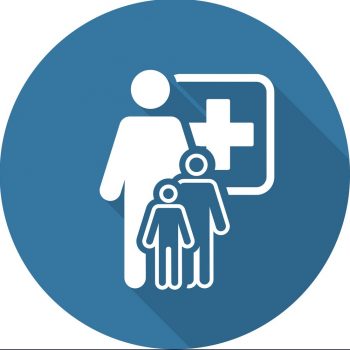Project Details
About the Project
Medical leadership is an essential component of any functioning department, yet the incentives to step into a leadership role are not always persuasive. When a few years ago vacancies arose in the Pediatrics department, Dr. Marie-Noelle Trottier Boucher noted her own reluctance to assume these responsibilities and wanted to better understand the factors driving people towards, or away from, medical leadership roles in the future.
She explored these themes through interviews with a variety of her colleagues in Pediatrics, Emergency Medicine, Maternity, and Obstetrics/Gynecology, seeking out both individuals who had performed medical leadership roles in the past or present, as well as those who had expressed hesitancy around taking on these responsibilities. She also posted questions about this topic to various physician groups on Facebook, to broaden the reach of the discussion.
She collated her findings and brought them back to the Pediatrics department for discussion, sharing common motivations for people to adopt leadership roles, including a desire to improve processes and care, and develop a better understanding of how the organization worked. She also shared common barriers to sustainable leadership, from both inside the department and in Island Health in general, including insufficient (or non-existent) remuneration for the time commitment, a sense of ‘too much work for a single person’, and a lack of training and formal expectations. Physicians from other departments had shared that having adequate financial compensation for the leader, assigning privileges to the role (such as being able to pick the first call schedule), and clearly outlining the responsibilities and expectations (as well as what was out of scope) were part of their approach to sustainable medical leadership.
As a result of these discussions, the group outlined the leadership responsibilities within the department and made a request to Island Health for financial support to compensate accordingly. Their request for a General Pediatrics Section Head has been approved through this process. Recognizing the importance of internal culture to support leadership, Dr. Trottier-Boucher will host another meeting within Pediatrics in the fall to collectively work on ‘group rules of conduct’ for supporting and respecting departmental leadership roles, responsibilities, and boundaries. She will also continue to work with current pediatric leaders to review current pediatric leadership job description with clearer roles and expectations.
Throughout this process, Dr. Trottier-Boucher has been enthusiastic about having these conversations as a group. “Opening this discussion was great, and hearing lots of different perspectives”. She is hopeful that these changes will set the leadership roles in the department up for future success and sustainability.

